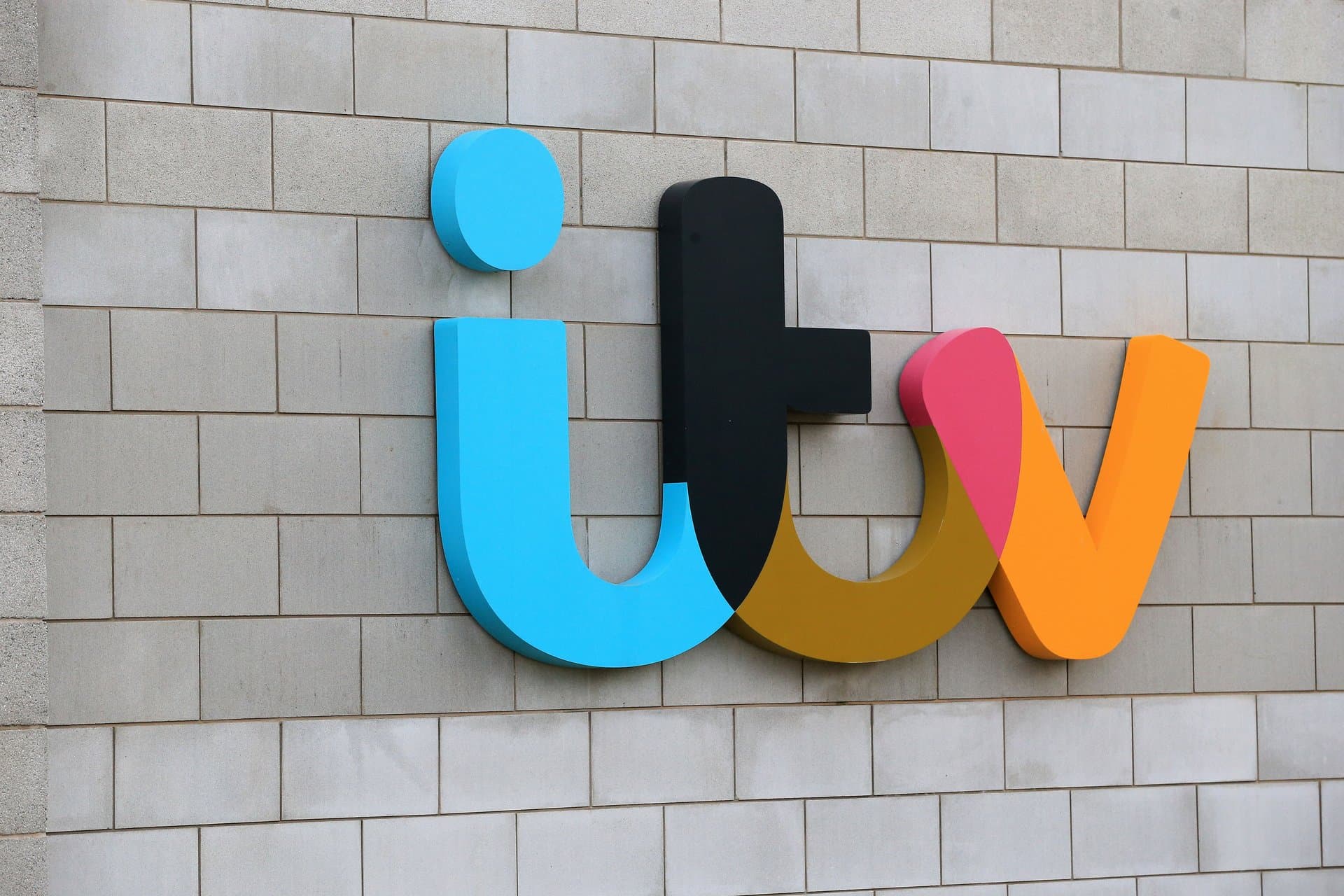ITV’s £1.6bn Sale Talks with Sky: What It Means for UK TV
Explore ITV’s preliminary £1.6 billion media sale talks with Sky owner Comcast, revealing shifts in UK broadcasting and streaming. Discover how this deal could reshape the media landscape and investor outlook.

Key Takeaways
- ITV is in preliminary talks to sell its media and entertainment arm to Sky for £1.6 billion.
- The deal excludes ITV Studios, which remains a separate, profitable production business.
- ITV’s market value has dropped from over £11 billion in 2015 to around £2.5 billion.
- Sky aims to build a stronger UK commercial streaming service by combining ITV’s channels and ITVX.
- Regulators like Ofcom will scrutinize the deal due to public service broadcasting obligations.

In a move stirring the UK media waters, ITV has confirmed preliminary discussions to sell its media and entertainment division to Sky, owned by Comcast, for £1.6 billion. This potential deal signals a major shake-up in British broadcasting, as ITV grapples with a shrinking advertising market and fierce streaming competition. Notably, ITV Studios, the powerhouse behind hits like Love Island, remains untouched, highlighting a strategic split within the broadcaster. This article unpacks the deal’s scope, the market forces at play, and what it means for viewers, investors, and the future of UK television.
Understanding the Deal Scope
ITV’s talks with Sky focus solely on selling its media and entertainment arm, which includes traditional broadcast channels and the streaming service ITVX. This means ITV Studios, the division producing popular shows like Love Island and I’m a Celebrity, stays independent. This split is strategic: ITV Studios is a booming profit center, attracting interest from other buyers, while the broadcasting side faces tougher market conditions. The £1.6 billion figure reflects the value of the broadcasting assets alone, not the entire ITV empire. This separation highlights how broadcasters are rethinking their business models amid streaming’s rise and advertising’s decline.
Market Pressures Driving the Sale
ITV’s market value has tumbled from a peak of over £11 billion in 2015 to about £2.5 billion today. The culprit? A gloomy outlook for TV advertising and fierce competition from streaming giants like Netflix and Disney. ITV’s CEO, Dame Carolyn McCall, has been exploring a break-up for at least 18 months, signaling the urgency to adapt. The recent sharp drop in Christmas advertising revenue, blamed partly on the Budget, added fuel to the fire. For Sky, acquiring ITV’s broadcasting business offers a chance to scale up its UK commercial streaming service and challenge the US streaming behemoths. It’s a classic tale of survival and reinvention in a disrupted industry.
Strategic Benefits for Sky
Sky, owned by Comcast, sees the ITV deal as a way to build a commercial streaming powerhouse in the UK. ITVX already boasts 16.4 million monthly active users, a valuable audience to tap into. Combining ITV’s channels with Sky’s sports rights—covering football, golf, cricket, and F1—could create a compelling content mix. Importantly, Sky plans to keep ITV’s programs free-to-air, not behind a paywall, preserving public access. The deal would also leverage new government laws ensuring public service broadcasters like ITV get prominent placement on streaming platforms. For Sky, it’s about scale, content diversity, and deepening viewer engagement.
Regulatory and Public Service Obligations
Any buyer of ITV’s television business must uphold public service broadcasting duties, including providing news and regional programming. ITV renewed its Ofcom licence early this year, securing its Channel 3 spot for the next decade. While these obligations might seem like constraints, Sky views them as benefits, especially with new laws mandating prominent streaming placement for public service channels. However, the deal will face scrutiny from Ofcom and competition regulators, given its potential to reshape the UK TV market. Broadcasters have been lobbying for relaxed competition rules, arguing that consolidation is necessary to compete with deep-pocketed US streaming rivals.
Investor and Industry Implications
ITV’s share price surged 18% after confirming the sale talks, reflecting investor optimism about unlocking value. Analysts argue ITV is undervalued, with some suggesting the production business alone is worth more than the entire company’s market cap. Interest in ITV Studios from funds like Abu Dhabi’s RedBird IMI and French giant Banijay underscores its strength, though recent talks have stalled. For the industry, this deal could trigger further mergers and collaborations as broadcasters seek scale to survive. The reshaping of UK television is underway, with ITV and Sky’s discussions at the forefront of this transformation.
Long Story Short
ITV’s talks with Sky mark a pivotal chapter in UK broadcasting’s evolution, reflecting the pressures traditional TV faces in a streaming-dominated era. The £1.6 billion deal, while still preliminary, underscores a strategic pivot: ITV focusing on its thriving production studios, while Sky aims to consolidate broadcasting and streaming power. For viewers, this could mean a more unified commercial streaming experience; for investors, a reshaped media landscape with fresh opportunities and challenges. As regulators prepare to weigh in, the outcome will ripple through the industry, reminding us that in media, change is the only constant. Keeping a close eye on these developments will be essential for anyone invested in the future of British television.